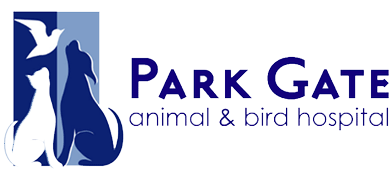Coronavirus disease in dogs known as CCoV ( Canine coronavirus disease) is common these days. It is highly seen in puppies as infection in intestinal. Coronavirus is usually short-lived but may cause considerable abdominal discomfort for a few days in infected dogs. The virus is from the Coronaviridae family. There are many types of coronavirus, each affecting different animal species, including humans.
Canine coronavirus (CCoV) is not the same virus as SARS-CoV-2 that causes the novel coronavirus (COVID-19). CCoV does not affect people. CCoV causes gastrointestinal problems in dogs, as opposed to respiratory disease.
How Coronavirus transmitted in Dogs?
Most cases of canine coronavirus are contracted by:-
- oral contact with infected fecal matter
- crowding and unsanitary conditions
- direct contact with an infected dog
- eating from contaminated food bowls
Duration of this illness is two to ten days in most dogs. Secondary infections by bacteria, parasites, and other viruses may develop and prolong illness and recovery. Dogs may be carriers of the disease for up to six months (180 days) after infection.
Signs of canine coronavirus?
Most canine coronavirus infections are sub-clinical and produce few clinical signs in dogs. Occasionally an infection may cause more severe symptoms, particularly in young puppies like:-
- diarrhea
- lethargic
- decreased appetite
- loose Stool, with a fetid odor and orange tint. It may contain blood or mucus.
If a puppy has a mixed infection, for instance both coronavirus and parvovirus , the illness will be more severe.
Is there any treatment?
As, there is no specific treatment for canine coronavirus. But
“Antibiotics are ineffective against viruses, but may be useful in controlling secondary bacterial infections.”
Antibiotics are ineffective against viruses, but may be useful in controlling secondary bacterial infections. Withholding food for twenty-four hours after diarrhea ceases and gradually reintroducing small amounts of food may be the only required treatment. A dehydrated patient may require intravenous fluids to correct the fluid and electrolyte imbalances. Early medical intervention is the key to successful treatment of severe cases.
What about vaccines?
Canine coronavirus vaccines are available. This vaccine is not recommended for all dogs and will be administered based on your dog’s lifestyle and risk assessment. This vaccine will only work for the CCoV type of coronavirus. It is not effective for the prevention of COVID-19.
If your see any of the symptoms listed above in your dog, Please visit Parkgate Animal Hospital in North Vancouver or give us a call at 604-929-1863 to get peace of mind knowing your pet is in good health and spirits

